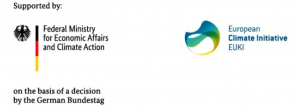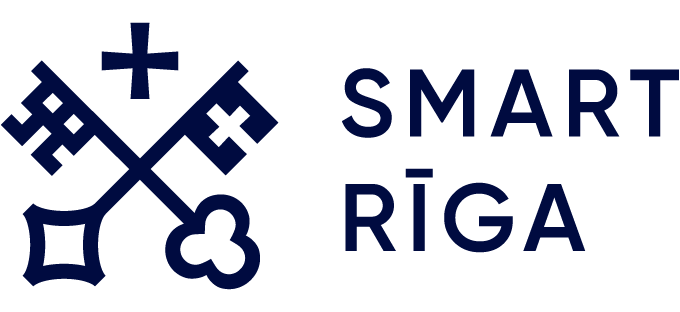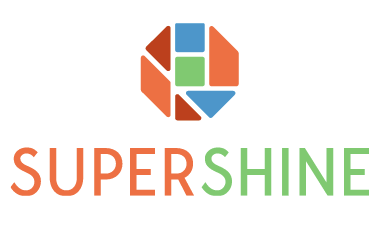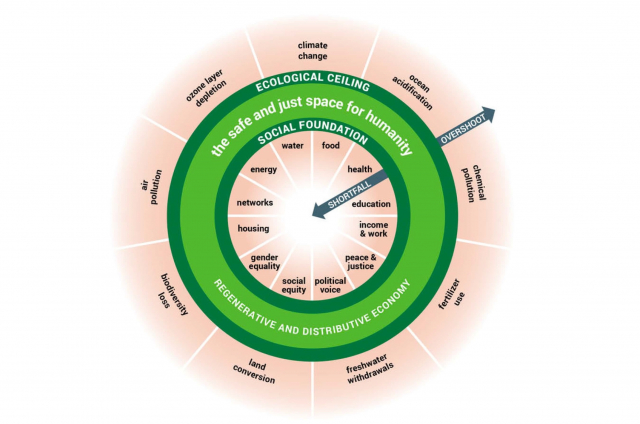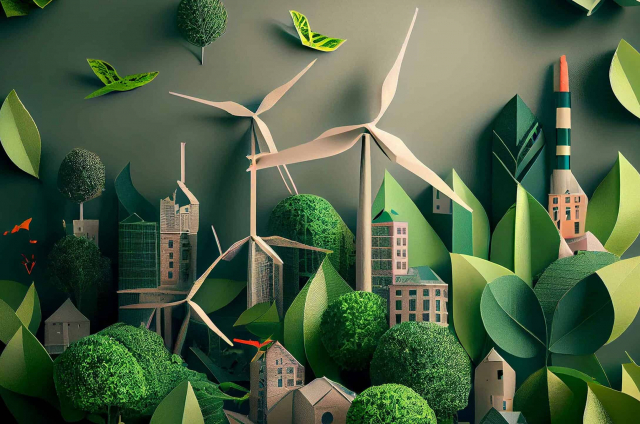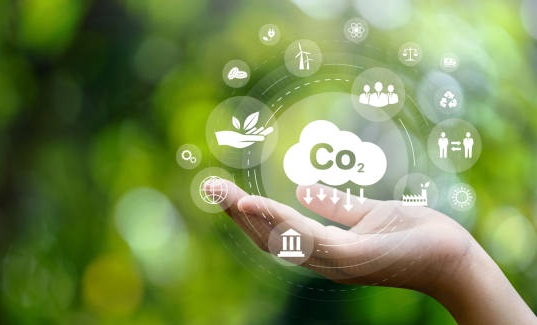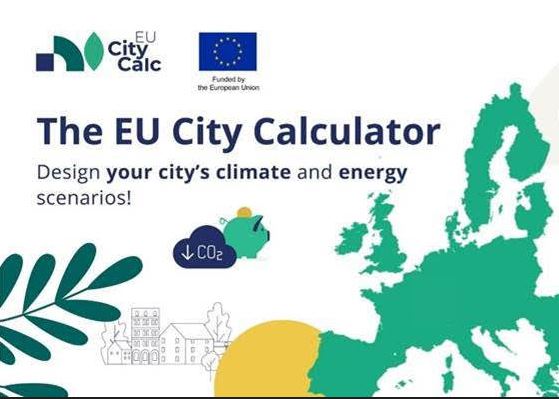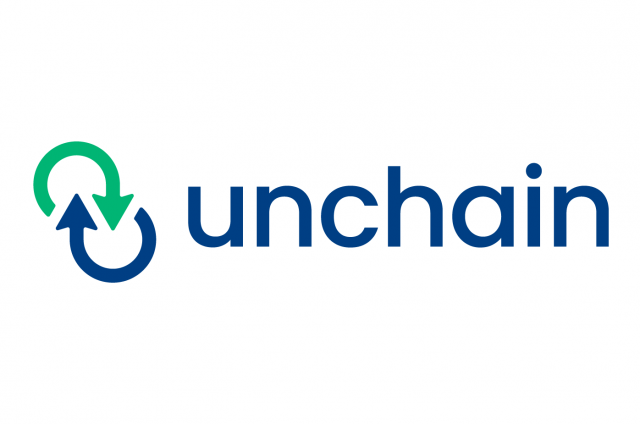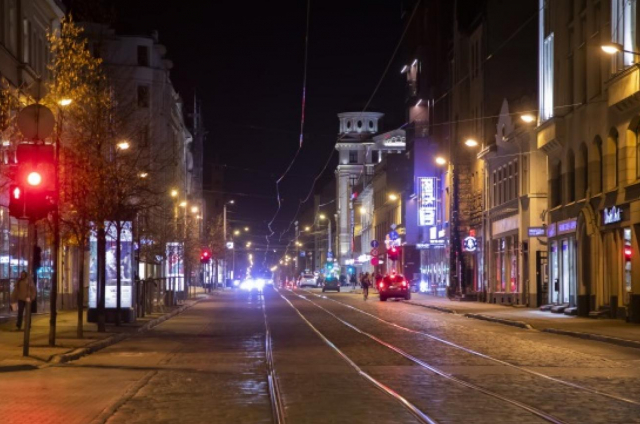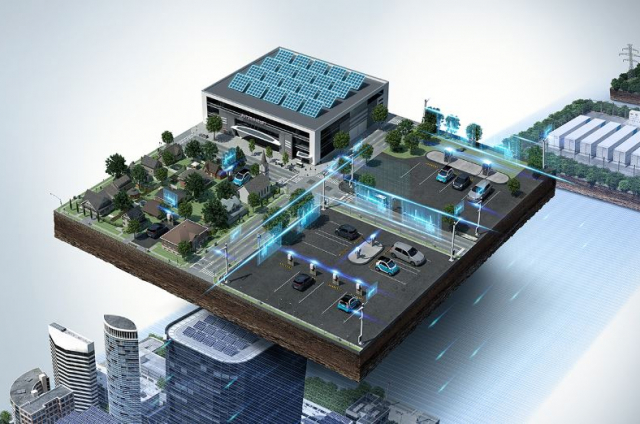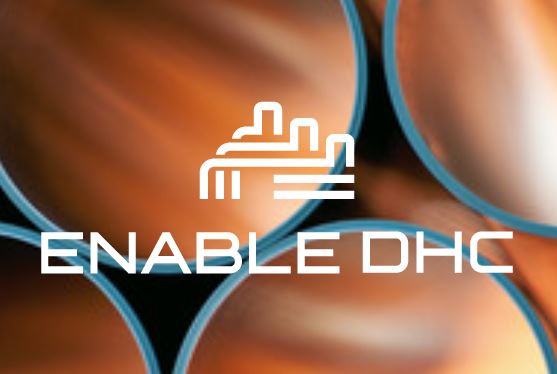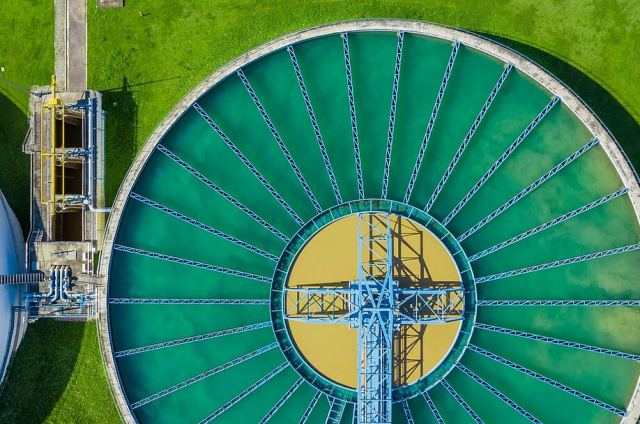CURE+ Educating municipalities on circular economy practices and fostering its uptake to reduce household-related construction and demolition waste
Status: Ongoing projects
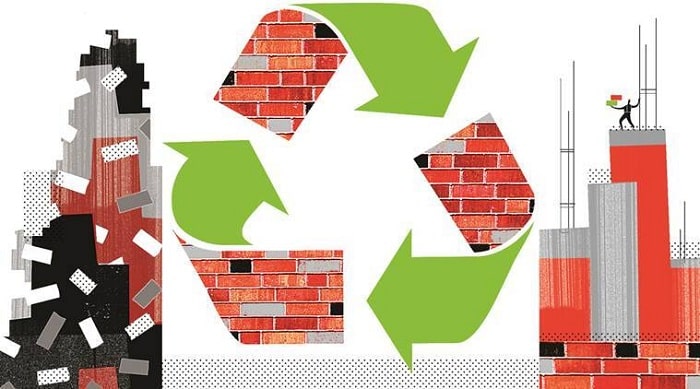
The aim of the project is to improve the management of construction waste generated by households and to raise the knowledge and capacity of municipal employees in planning, developing and implementing circular economy measures.
Construction waste is the most important waste stream in the European Union (EU) in terms of mass (EEA, 2020). Between 2010 and 2018, an average of around 340 million tonnes of construction waste was produced in Europe (Eurostat, 2022). Therefore, the Circular Economy (EC) Action Plan (EC, 2015) has identified construction waste as a priority waste stream. The Waste Framework Directive 2008/98/EC requires all Member States to take measures to achieve the recovery target of 70% of the weight of construction waste. Most Member States managed to exceed the 2020 target in 2016 (ETC/WMGE, 2020), however, the high figures were largely based on landfilling or downcycling, which hinders the full implementation of the RE targets (Martos et al., 2018 ). Due to conservative construction practices and the lack of high-purity materials during demolition, material flows from demolition and renovation work are not suitable for reuse or closed-loop recycling (EEA, 2020). The CURE+ project has studied waste flows and, based on the obtained data, will develop RE practices and models for cities to promote the circular economy principle of “refuse, rethink, reduce, reuse, repair, restore, remanufacture, repurpose, recycle and recover”. (to track, trace, refuse, rethink, reduce, reuse, repair, refurbish, remanufacture, repurpose, recycle and recover) (Potting et al., 2017) implementation in household construction waste management, as well as learn from good practice examples elsewhere and developed customized solutions together with stakeholders, involving citizens.
CURE+ will address the following issues:
⚈ Lack of knowledge about current construction waste streams, their composition and characteristics, in order to identify how they can be recovered; reliable and accessible data and classification systems are lacking;
⚈ Different understanding and different accounting systems of EU Member States for waste recovery activities, resulting in a lack of comparable (baseline) data on how much construction waste is currently recovered and difficult to measure changes over time;
⚈ The habit of preferring primary rather than secondary materials (origin from waste) for two reasons: 1) they are cheaper, 2) their quality is ensured by guarantees and standards; it gives consumers and businesses a limited incentive to use recycled materials;
⚈ Lack of knowledge and resources to rethink value chains and business models, product design and overall economic systems to achieve the least environmental impact;
⚈ The need to inform the parties involved and promote long-term benefits from the implementation of sustainable activities in the construction industry;
The main tasks of the CURE+ project:
⚈ To study household construction waste flows, their reuse and high-value recycling possibilities;
⚈ Develop and implement training for municipal employees and other stakeholders, covering various topics such as life cycle analysis of clean buildings, analysis and assessment of material flows, AE business models related to waste flows, financing of urban resource/repair centers, management and organizational issues;
⚈ Prepare the operating model of the city’s resource centers and pilot it;
⚈ Develop political recommendations;
⚈ Create an AE communication platform.
Expected results of the project:
⚈ Improved waste management;
⚈ Developed and implemented operating model of municipal city resource centers;
⚈ Strengthened knowledge of municipal employees;
⚈ Create circular economy communication platform;
⚈ Initial reduction of resource consumption, generated waste and CO2 in the city, strengthened local economy
and improved quality of the urban environment.
Duration, funding, partners
Funding: European Climate Initiative (EUKI-2022)
Budget: Total € 877,624.00, Riga Municipality funding € 193,014
Duration: 01.12.2022 – 31.03.2025
Partners:Tartu Municipality (Estonia), Technical University of Amsterdam (Netherlands), Elisava, Barcelona School of Engineering and Design (Spain), Kavala Municipality (Greece).
